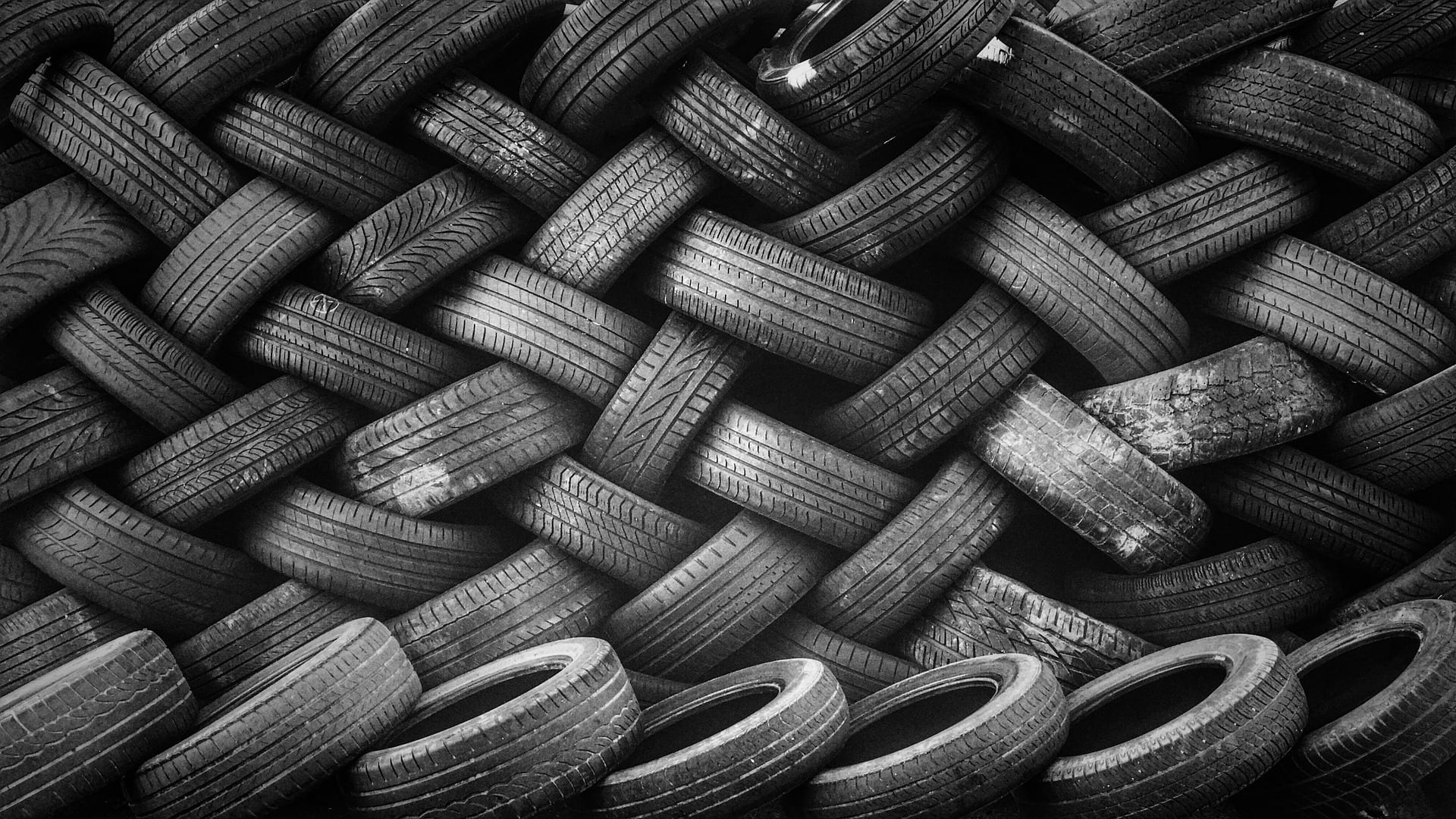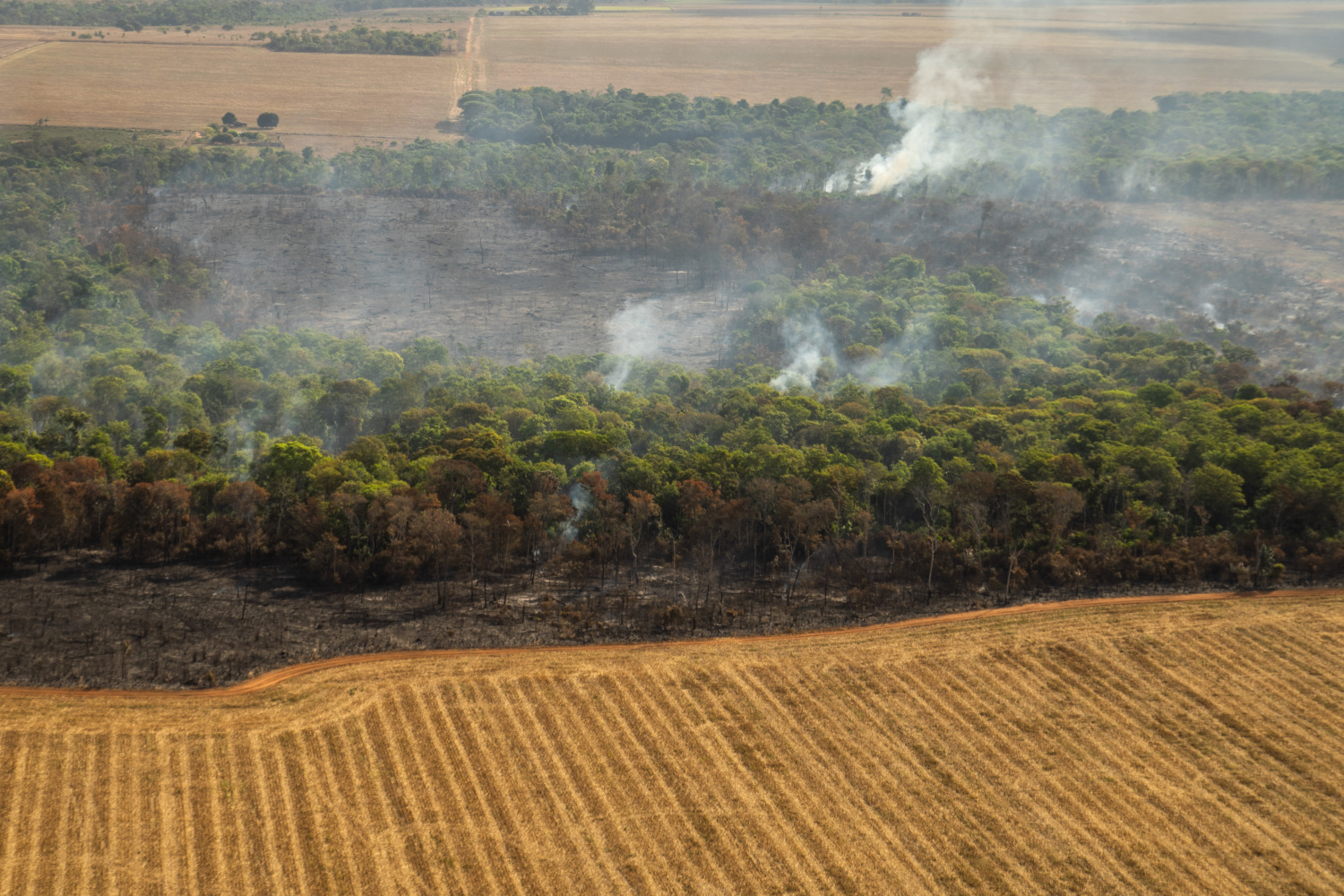
Goodyear’s New Deforestation-Free Rubber Policy Falls Short
With the recent release of Goodyear Tire & Rubber Company’s new Natural Rubber Procurement Policy, experts express concern that this policy may not be strong enough to hold the world’s third-largest tire company’s current suppliers accountable for addressing deforestation, land grabbing, and human rights abuse.
The tire industry accounts for more than 70 percent of global rubber consumption and is a major driver of deforestation, which is responsible for approximately 20 percent of global greenhouse gas emissions. In response to public pressure, Goodyear competitors Michelin, Pirelli, and Bridgestone have already rolled out sustainability policies that have strong criteria regarding procurement and consequences for non-compliant suppliers, which advocates expect to have greater impact than Goodyear’s.
Goodyear’s policy underscores a commitment to following several industry-accepted standards for agriculture free of human rights abuse and deforestation. However, it lacks policy points for monitoring implementation, transparency of suppliers, termination of non-compliant suppliers, forest restoration, banning of hazardous chemicals as prohibited by Rotterdam Convention, a full ban on burning and development on peatland, and additional clarification on labor rights protections.
A new investigation by Mighty Earth also found that at least two of Goodyear’s major current suppliers—Dau Tieng and Hévécam—have been linked to deforestation in biodiversity hotspots and human rights abuses at their rubber plantations in Cambodia and Cameroon. According to the report, Dau Tieng Rubber Corporation has skirted laws on maximum land holding sizes, illegal logging, and habitat destruction in sensitive forest areas. The company has also used land grabs, forced evictions, and excessive force to secure plantations. Hévécam has been in conflict with indigenous groups, who allege that the company has violated their customary land rights in Southern Cameroon.
“We welcome this policy but it’s up to Goodyear to show that it has teeth,” said Mighty Earth Campaign Director Kristin Urquiza. “Suppliers that want to sell rubber need to know that engaging in deforestation or land grabbing means losing access to international markets. As written, the policy is unclear about long-term consequences of non-compliance such as a commitment to terminating the relationship with bad suppliers.”
Goodyear’s policy also comes shortly before the World Rubber Summit, where the World Business Council on Sustainable Development’s Tire Industry Project (TIP) is set to meet to discuss industry-wide action on sustainable natural rubber. Based on their experience improving other major industry supply chains like soy and seafood—and the ineffectiveness of the closed-door International Rubber Study Group’s Sustainable Natural Rubber initiative—Mighty Earth and other NGOs have already sent letters calling on the TIP to be inclusive of civil society and NGO perspective to help provide guidance towards developing a joint industry mechanism to address deforestation for rubber.
“The entire tire and rubber industries need to work together to defuse this rubber carbon bomb while there are still forests left to save,” said Mighty Earth CEO Glenn Hurowitz. “By including NGOs and real accountability mechanisms, other agricultural commodities, like soy, have made significant strides towards breaking the link between agricultural expansion and deforestation. We hope to see rubber follow their lead.”
